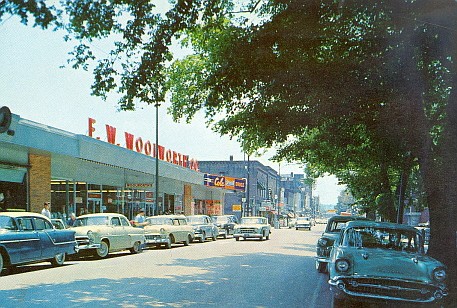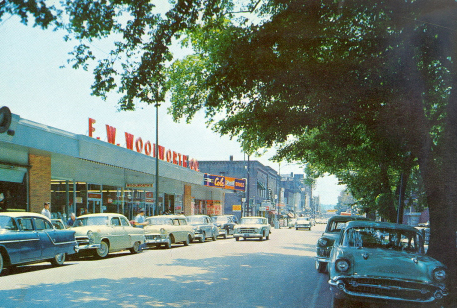Cleveland recalls civil rights era
Friday, June 24, 2011
CLEVELAND, Tenn. - More than 70 people gathered at the Museum Center at Five Points this week to share stories of how the civil rights movement played out in Cleveland in the 1960s.
The program gave museum officials a chance to bring local emphasis to its current exhibit, "We Shall Not Be Moved: 51st Anniversary of Tennessee's Civil Rights Sit Ins," said Executive Director Lisa Simpson Lutts. It was co-sponsored by 100 Black Men of Bradley County Inc. and the Cleveland-Bradley County NAACP.
"We are here to save history," said Lutts, explaining that very little of Cleveland's civil rights story was documented in newspapers or photographs.
A film crew recorded a short presentation made by City Councilman Avery Johnson and stories told Tuesday evening by members of the audience.
"You didn't say a lot, but you watched the situation," Johnson said in regard to civil rights events such as the Montgomery bus boycott inspired by Rosa Parks in 1955 and the federally enforced integration of schools in Little Rock, Ark., two years later.
Johnson said he served on a committee of community leaders - five black and five white - at the request of then-Mayor Harry Dethero in the late 1960s. He said the mayor wanted to know about any problems the black community experienced and to solve them as soon as possible.
The end of segregation in Cleveland happened quietly and fairly smoothly, according to many accounts offered at the event.
Several stories were rooted in the all-black College Hill High School, which burned in 1965. A number of its alumni applauded the education and strength its teachers gave them to challenge life and to overcome segregation.
The school's destruction also served as a catalyst for integration, as local black students began attending Bradley Central High School and Cleveland High School.
Steve Bradford told a story that might not have happened except for the razing of College Hill. As a county resident, he began attending Bradley Central High to become its first black football player.
A number of speakers acknowledged the advances in civil rights made in the 1960s were not always easy or trouble-free, and they said there's still a need for change.
"There are hints that many were resistant to change" despite a rather smooth public transition in the city's restaurants, hospitals and factories, according to Cleveland State Community College associate history professor Bryan Reed.
Paul Leach is based in Bradley County. Contact him at paul.leach.press@gmail.com.

